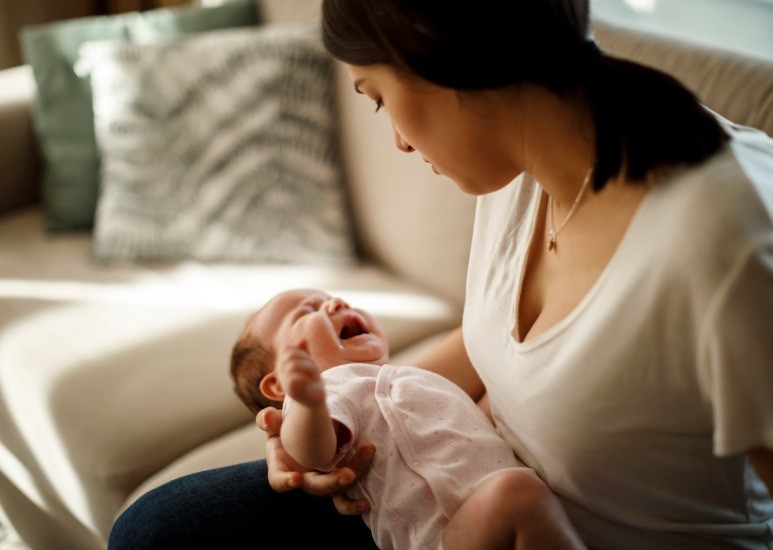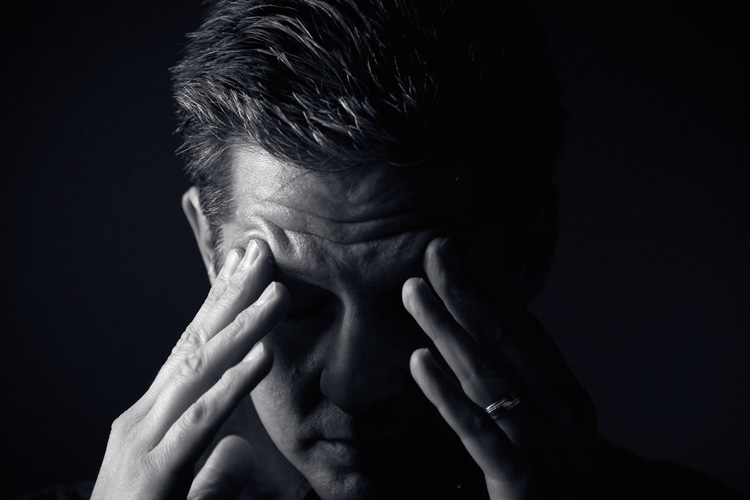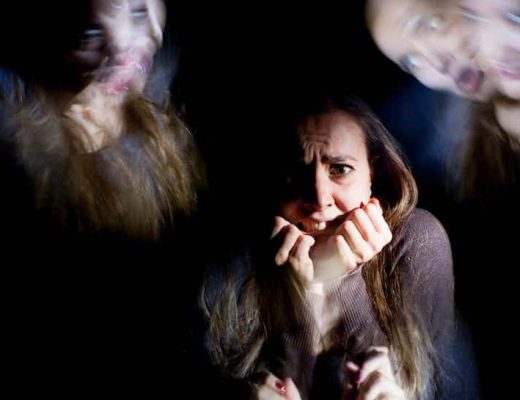The birth of a baby in a family is a moment of joy and excitement. It is a major life change that can trigger other powerful emotions like fear and anxiety. But it can also result in some mental health conditions and may be a cause for concern. Up to 80% of new mothers experience postpartum “baby blues” after childbirth. The symptoms include mood swings, crying spells, feeling overwhelmed, anxiety, panic attacks, and difficulty sleeping. Baby blues typically begin within the first two to three days after delivery, and may last for up to two weeks. But some new mothers experience a more severe, longer-lasting form of mood disorder known as postpartum depression. The symptoms may include
- Depressed or low mood or severe mood swings
- Excessive crying
- Difficulty bonding with the baby
- Withdrawing from family and friends
- Loss of appetite or eating much more than usual
- Inability to sleep (insomnia) or sleeping too much
- Excessive fatigue or loss of energy
- Reduced interest and pleasure in previously pleasurable activities
- Intense irritability and anger
- Fear that one is not a good mother
- Hopelessness and helplessness
- Feelings of worthlessness, shame, guilt, or inadequacy
- Diminished ability to think clearly, concentrate or make decisions
- Restlessness, severe anxiety, and panic attacks
- Thoughts of harming oneself or the baby
- Recurrent thoughts of death or suicide
- Untreated, postpartum depression may last for many months or longer.
Postpartum depression is a real medical illness and can affect any mother regardless of age, race, income, culture, or education. There is no point in blaming a woman or finding a fault for having postpartum depression. It isn’t a character flaw or a weakness. It is not caused by anything a mother has or has not done. It is simply a complication of giving birth like post-partum hemorrhage. Postpartum depression like other mental health conditions does not have a single cause. Research suggests that postpartum depression is caused by a combination of genetic and environmental factors. Life stressors, the physical and emotional demands of childbearing and caring for a new baby, and changes in hormones that occur during and after pregnancy can contribute to the development of postpartum depression. The risk of developing postpartum depression increases if there is a personal or family history of depression or bipolar disorder or a history of postpartum depression with a previous pregnancy.
With proper treatment, most women feel better and their symptoms improve. Family members are the first to recognize the symptoms. They should encourage the mother to talk with a health care provider, offer emotional support, and assist with daily tasks such as caring for the baby or the home. The treatment includes therapy, medications, or a combination of the two. If these treatments do not reduce symptoms, brain stimulation therapies like electroconvulsive therapy may be an option. Most of the mothers improve with antidepressants, which are medications used to treat depression. It usually takes 6 to 8 weeks to work, and biological symptoms such as sleep, appetite, and concentration problems often improve before mood lifts. It is important to give medication a chance before deciding whether or not it works.
Postpartum depression in new fathers
New fathers can also experience postpartum depression. They may feel sad or fatigued, be overwhelmed, experience anxiety, or have changes in their usual eating and sleeping patterns similar to the symptoms seen in mothers with postpartum depression The risk factors for postpartum depression in fathers are young age, history of depression, relationship problems or financial struggle. Postpartum depression in fathers is also known as paternal postpartum depression and this can have the same negative effect on partner relationships and child development similar to the impact of maternal postpartum depression.




